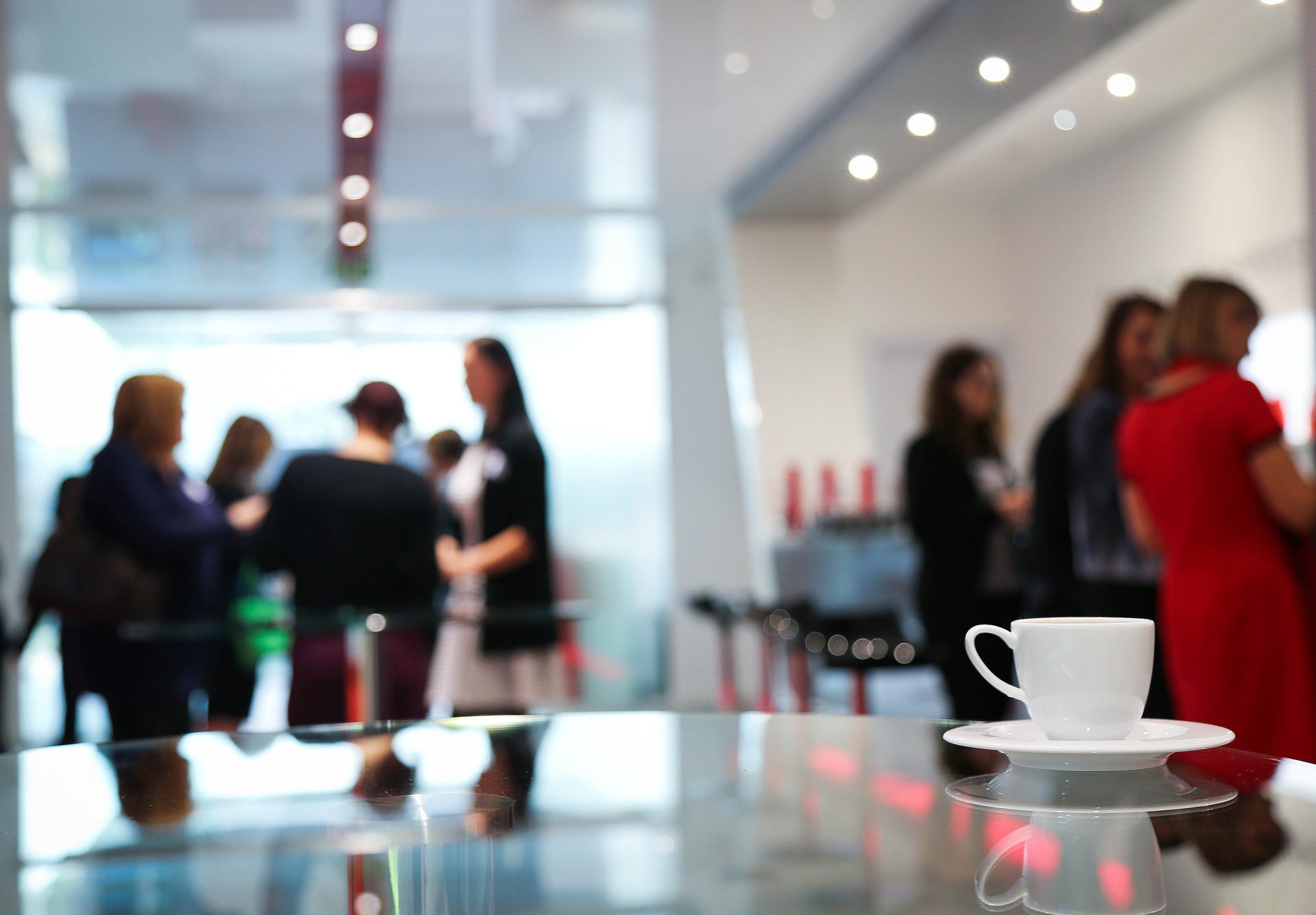It has been eight months since my post on how a trip to Boston had led my co-founder and me to rethink our startup. Much has happened since. We have challenged our preconceptions about the market, rethought our business model, built a board of superbly talented individuals, and much more.
From conversations with other co-founders, it sounds like other startups have experienced a similar evolution to ours, so here is a summary of our learnings in the last year, in case they are of use to those starting their journey,
In a nutshell: make sure you are a painkiller, not a vitamin
It’s one of the oldest pieces of advice doing the rounds in the startup world, but it is spot on. Too often, it’s easy to overlook the basics when you are excited about your product. For us, the trip to Boston was a wake-up call, in that we were forced to face the fact that we were offering a “nice to have” app, not the solution that users desperately needed. In other words, B.Energy was a wellness tool that helped people lead a healthier lifestyle, but it wasn’t solving a big problem. After some soul-searching, we decided to pivot. We changed our focus from general wellbeing to chronic gut health issues linked to microbiota imbalances. These are people with serious problems whose lives are negatively affected on a day to day basis, and we can really help them improve their quality of life.
Rebrand if you have to
From the very beginning, we knew that the brand B.Energy had some issues, but the feedback in Boston was brutal. People didn’t know how to write it (Be Energy? Benergy?). The dot was never a good idea. The logo was cute but didn’t communicate what we did. After some consideration, we opted to go for a full rebrand. Enter our new brand, ALVUM, which means “gut” in Latin. As well as encapsulating the focus of our value proposition and having a certain gravitas that comes with using an ancient language, ALVUM is easy to pronounce and spell. It also has the added advantage of starting with an A – a bonus when featuring in directories and other lists sorted by alphabetical order. We have a new logo, too, and one that has been designed bearing in mind our new project and anticipating future branding needs. It’s not been straightforward – branding never is – but better now than in a year’s time!
Drop the buzzwords
Gamification was a vital component of the original B.Energy app, which should not come as a surprise: my co-founder (and sister) Anna Sort is an expert in engagement design, runs a successful gamification consultancy and often speaks about the topic in a variety of stages (you can catch her TEDx talk here). However, gamification is suffering from buzzword syndrome. Like many other words, from blockchain to machine learning, investors are tired of hearing startup hopefuls mention them. Add to that the fact that gamifying to a high standard is complicated and expensive, not the kind of adjectives you want to use when describing a startup project, and it’s easy to see why we decided to abandon it altogether. As for the underlying technology, we only mention that our solution uses artificial neural networks when it is relevant.
Chose your users wisely
Gut health is a big pond. Perhaps a vast ocean is a more appropriate analogy. We all have millions of bacteria inhabiting our gut in unique combinations and the potential to benefit from knowing the quirks of our microbiota. We did not want to go the way of our competitors and position our solution as suitable for everyone, though. Instead, we decided to focus on IBS sufferers (15% of the population) and food intolerance sufferers (20% of the population). Their conditions define their lives in a way that those who are not affected cannot even imagine. We researched their needs, frustrations and pains, from the practical day-to-day difficulties to the existential regrets that come from having to pass on promotions that require some travel, avoiding social occasions that involve food or limiting their holidays to familiar destinations. As a result, our buyer personas are rock solid to the point that we feel that we know them. We picked a small pond but went in deep, and so far it’s working.
Create, test, learn, repeat
We have lots of ideas on how to support gut health sufferers, but after every brainstorming session looking at possible paths for our company, we diligently go over each of them. If they don’t align with our vision, we discard them (mercilessly). The ideas that are good but unrealistic given our existing resources, knowledge and roadmap get put away in a “check again in future” file – we have a Trello board for that! The winners invariably focus on specific projects we can test and evaluate, such as creating minimum viable products we can pilot or running digital marketing campaigns that have an impact we can measure. In any company, the risk of going down the wrong path is behind any critical strategic decision. When you are running a startup, just a few months of delay can kill your project.
Get out there
Anna and I have agreed to put aside one day a week to speak to our existing contacts or attend events where we can meet new people and network. As an introvert, networking takes it out of me, but you never know what might happen or what you might learn. With every new conversation, I have an opportunity to talk about my project and listen to others tell me about theirs. What I have discovered is that you can learn a lot by just speaking to other human beings, no matter what they do. Almost a year ago, just after returning from Boston, I got chatting to someone in a completely different line of business whose wife had IBS. We ended up having a fascinating conversation about the impact the illness had had on their life, which set the wheels in motion for the change that was to come later. In terms of long-term impact, that chat was the most productive of the evening.
Find your Why and tell everyone about it
Last February, Anna was pitching at the Mobile World Congress’ battle of the health apps competition. The stakes were high, but rather than go with our standard deck we added a new slide. It was a picture of Anna and her closest high school friends, taken during their once-a-year catchup dinner. Anna explained how on that night, after sharing her experience of IBS, she found out how prevalent the illness is (two of her friends also have it) and how miserable some of its sufferers are (one barely leaves the house). Since then, after every presentation, members of the audience invariably approach us to share their stories and express their interest in our project. A change small in our deck has given us authenticity, credibility and trustworthiness. So don’t be afraid to tell the story of your startup. You will be surprised at how differently your audience will perceive you.
Change the world
Before Boston, we were happy to be just another health app, but since then, we have become much more ambitious. Our vision goes beyond our ALVUM app or even the technology and research findings currently available, which we use to deliver our solutions. We want to provide personalised gut health solutions to people who fall through the cracks of the standard health system. If you have Crohn’s or a potentially deadly food allergy, you get taken seriously. If you have IBS or food intolerances, it’s a different story. Many of the people we have spoken to feel let down and that nobody listens or cares. To them, we offer ways to control their chronic conditions and improve their quality of life. Ambitious? Yes. To keep the startup fire going, you need to find the vision for your company. How do you want to make the world a better place?
We are just over a year in our journey, although sometimes it feels like we have been doing it for much longer. I’d like to think that it shows that our project is evolving. As a friend and fellow startup founder says that if you don’t feel embarrassed at the thought of what you were doing three months ago, you are doomed. I think he’s right.
I also think there should be a new time measure called startup years. They would be perhaps not as long as dog years, but still quite substantial. Just bear this in mind when starting your project.
Photo by Danielle MacInnes on Unsplash



0 Comments